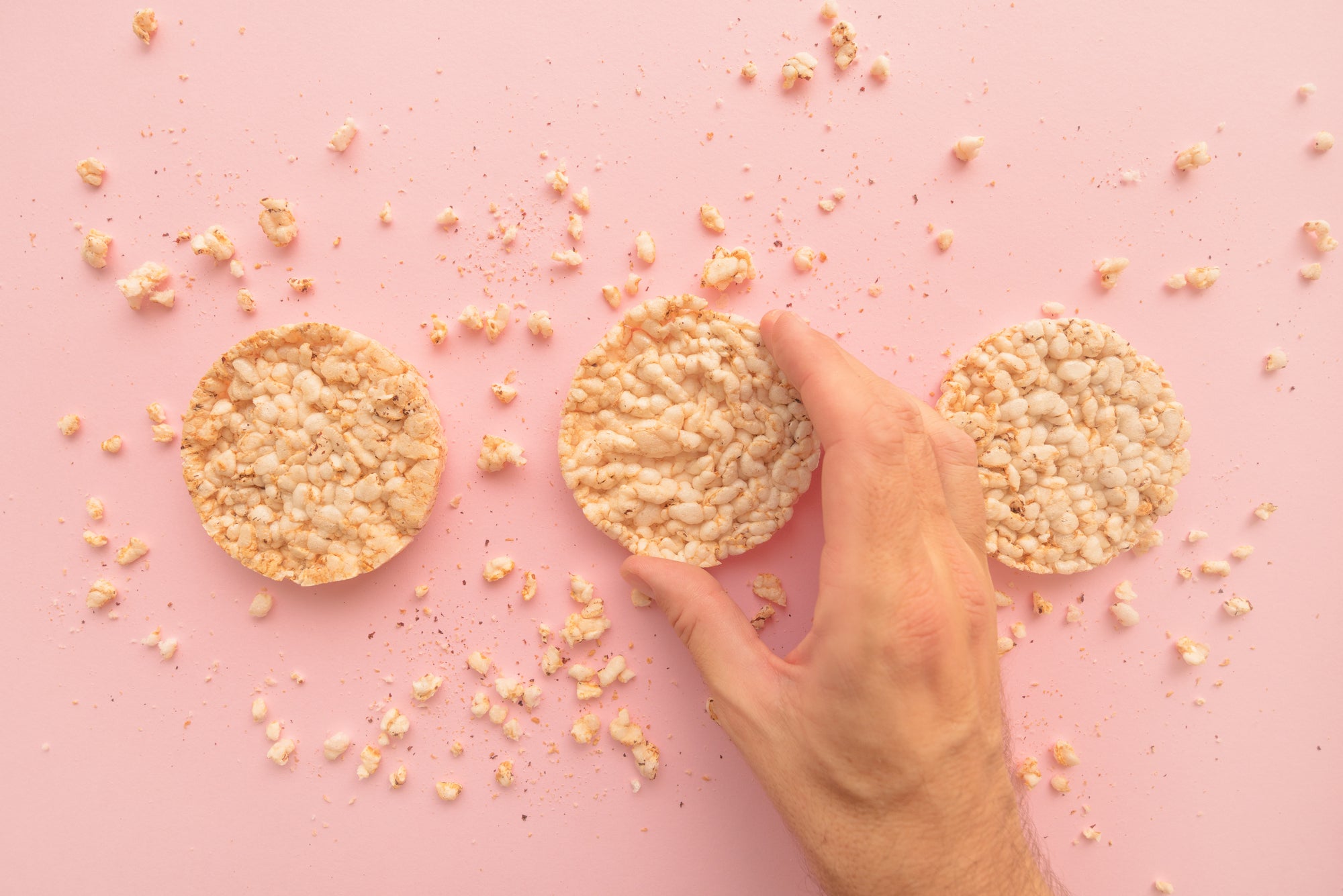

5 Healthy Foods You Didn’t Know Were Bad For Your Skin
We’re all searching for healthy, glowing skin. But, with so much emphasis placed on creams, cleansers, and lotions for your skincare routine, it can be easy to forget that your diet also plays a super important role in the health of your skin. Now, most of us have been warned about staying away from grease, sugar, and high-carb foods, but there are also a few healthy ones you may not realize are causing problems for your skin. Here’s 5 foods you may need to watch out for when it comes to your skin!
Whey Protein
Athletes and bodybuilders be wary, whey protein might be good for your muscles but regularly consuming it may have negative consequences for your skin. Whey protein is one of the two key proteins found in milk. It’s most commonly consumed as a powdered protein because it's great for building muscle mass and keeping you full. But, like most other dairy products, whey protein can be known to cause breakouts. Dermatologists have found that whey protein can increase testosterone production (a hormone that helps your body produce oil). This effect is what helps to build lean muscle mass, however it also stimulates your skin's sebum (oil) production, leading to clogged pores and increased breakouts.
Shellfish
Sorry seafood lovers, but unfortunately lobster, crab, prawns and many of your other favorite shellfish don’t take too kindly to your skin. Shellfish are chock full of iodine, which have been known to cause clogged pores, inflammation, and redness. Luckily, there’s plenty of other healthy, skin-friendly seafood options like salmon and mackerel (which are full of omega fatty acids) to curb your seafood craving without aggravating your skin.
Strawberries
Strawberries are one of the healthiest fruits you can eat. They’re rich in antioxidants and vitamin C, which is good for skin brightness. But, when over-consumed, their high levels of vitamin C can lead to irritation, redness, and flare-ups, typically around the nose and mouth. To best avoid these negative effects it helps to be mindful and moderate in your strawberry-snacking.
Rice Cakes
Rice cakes are a great, low calorie alternative to bread. But despite their health and weight-loss benefits, rice cakes are surprisingly harmful to your skin. Because they’re mostly carbs and contain little fiber and protein, eating too many rice cakes can cause your blood sugar to spike. Your body then metabolizes these carbs by converting them to glucose, allowing them to stick to wrinkle-fighting proteins (like collagen) and damage them. This process accelerates the formation of wrinkles, prematurely ageing the skin.
Spicy Foods
Spicy foods can have amazing benefits for your metabolism, but as for the skin, not so much. Spicy foods contain acidic lycopenes, a substance that has been known to throw off the body’s pH balance, irritate the skin, and even trigger breakouts. Spicy foods can also dilate blood vessels in people with rosacea or women going through menopause, which can make the skin look blotchy and less youthful. A survey from the National Rosacea Society found that spicy foods were one of the top most common food triggers for rosacea flare ups. For those with rosacea or sensitive skin, it's recommended to keep your spicy food intake to a minimum to avoid irritation.
Maintaining a skin-healthy diet can be difficult, especially when supposedly “healthy” foods wind up being the culprit behind your skin's bad behavior. That’s why it's important to keep moderation in mind during snacking and mealtime. And if you suspect certain parts of your diet are impacting your skin, make sure to consult your dermatologist.
Healthy Skin Starts From Within - Try Lilium Today!
Sources
Men’s Health: Your Protein Shake Might Be Giving You Acne | Women’s Health Magazine: The 5 Worst Foods For Your Skin | Shape: The 6 Worst Foods For Your Skin | Healthline: Can Whey Protein Contribute to Acne | Insider: 9 Healthy Foods That Could Actually Cause Acne | Healthline: Are Rice Cakes a Healthy Snack? Nutrition, Calories, and More | Healthline: How Your Diet May Help Reduce Rosacea Flare Ups
